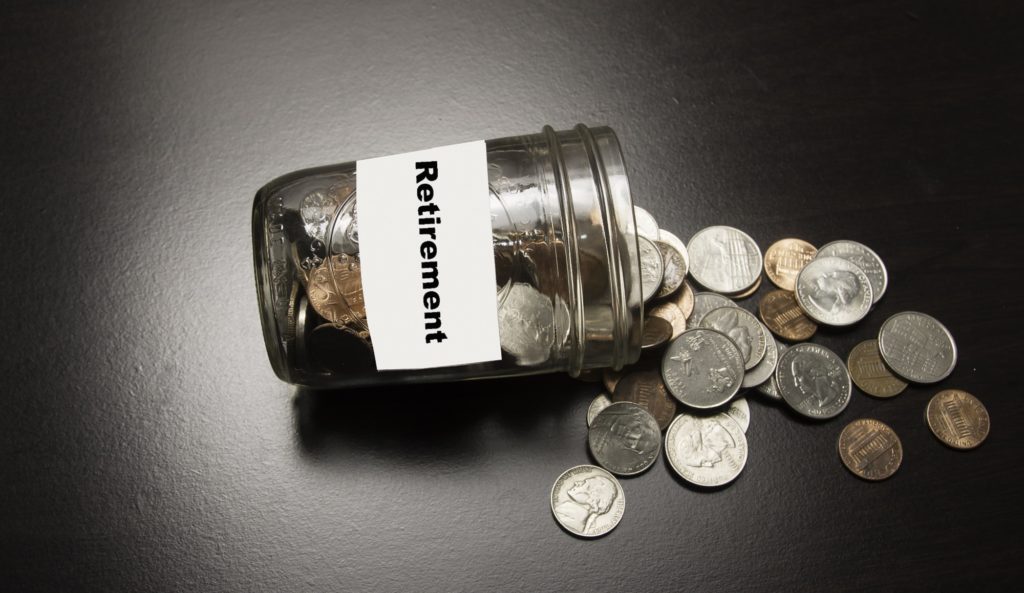
More than three-fourths of Americans say inflation is affecting their ability to save enough money for retirement, including paying for long-term care, according to a new survey.
Financial services firm DA Davidson & Co. found through an online survey of adults in March that increased longevity and high inflation are exacerbating retirement savings challenges for 77% of Americans, up from 64% of adults surveyed in April 2022.
Among the top concerns of survey participants were outliving their money (45%) paying for healthcare and long-term care (40%) and fearing the loss of independence (26%).
Their concerns may not be off base.
A recent analysis by the National Council on Aging and the LeadingAge LTSS Center @UMass Boston found that 80% of older adults don’t have the financial resources to afford four years in an assisted living community or more than two years of nursing home care.
In the NCOA analysis, longevity and lower savings were cited as fueling a retirement security crisis exacerbated by inflation, increasing healthcare costs and the fact that someone turning 65 today has a 70% chance of needing long-term services and supports at some point in their lifetime.
In the DA Davidson & Co. survey, 63% of respondents said they expect to live to at least 80, and 27% expect to live more than 90 years. Younger generations increasingly are expecting to live to 100 — 14% for Gen Z, 15% for millennials, 12% for Gen X and 9% for baby boomers.
Baby boomers said they are more concerned about losing their independence (34%) compared with Gen X (21%), millennials (20%) and Gen Z (25%).
“With pensions on the wane and uncertainty around Social Security, the onus of achieving a secure retirement falls largely on the individual today,” Andrew Crowell, vice chairman of wealth management, said in a statement.
Unprepared to prevent financial fraud
Financial fraud is another concern of adults as they age, according to the DA Davidson & Co. findings.
As the population ages and spent more time in retirement, only one-third of Americans (33%) indicated that they felt “very confident” in their ability to detect personal financial fraud attempts. They said they were less confident (24%) in the ability to notice when loved ones may be victims of financial fraud.
One in five Americans (22%) identified themselves as victims of financial fraud, and 24% said that a loved one was a victim of financial fraud.
According to a report released last fall by the US Federal Trade Commission, older adults lost $1 billion to scams in 2021. Business impersonations was the fraud type that cost older adults the most, at $151 million in 2021, up 134% from 2020. Investment scams were the next costliest at $147 million, a 213% gain from the prior year. Government scams cost older adults $122 million in 2021, up 108% from 2020.


